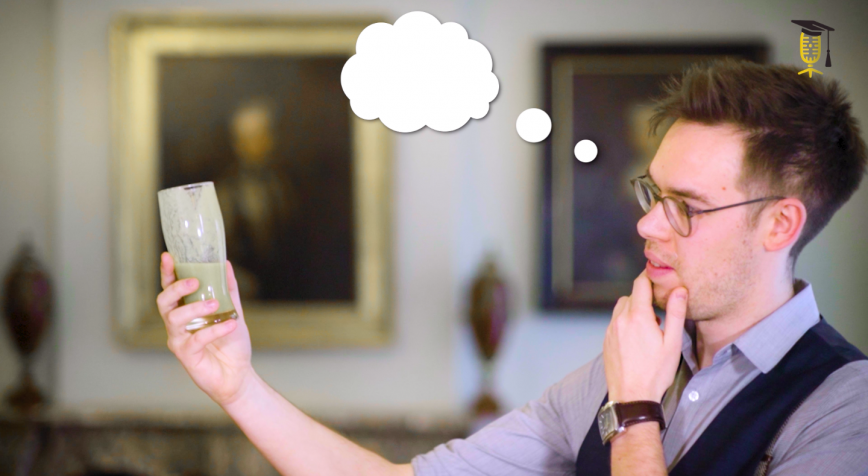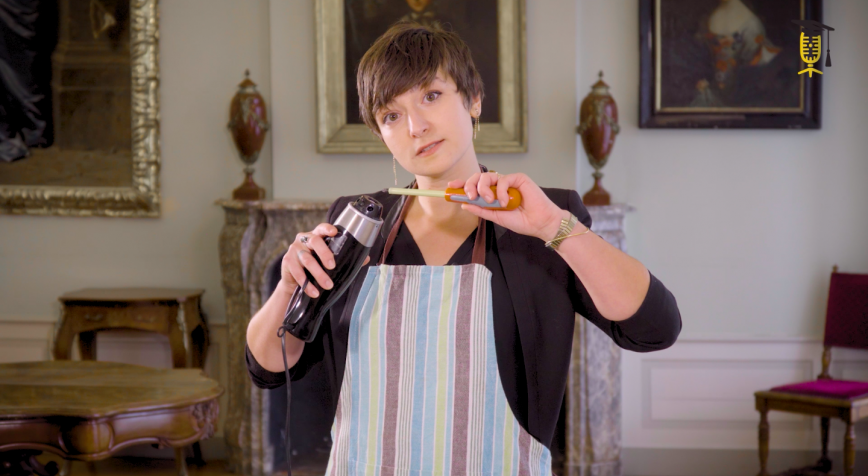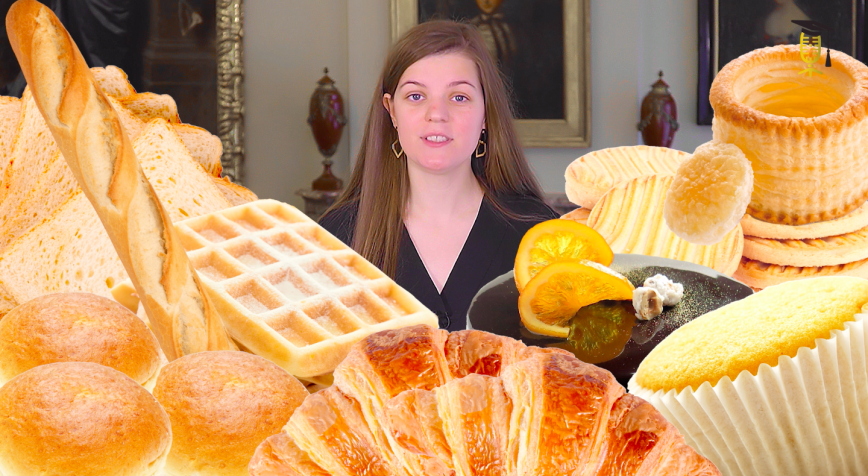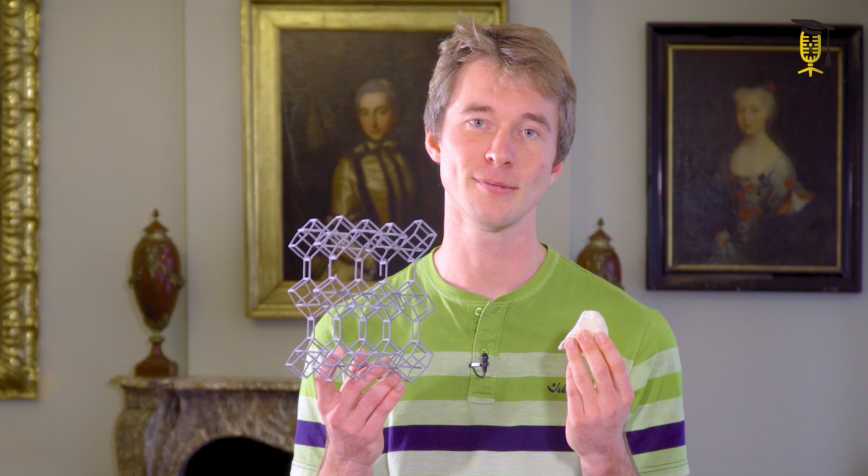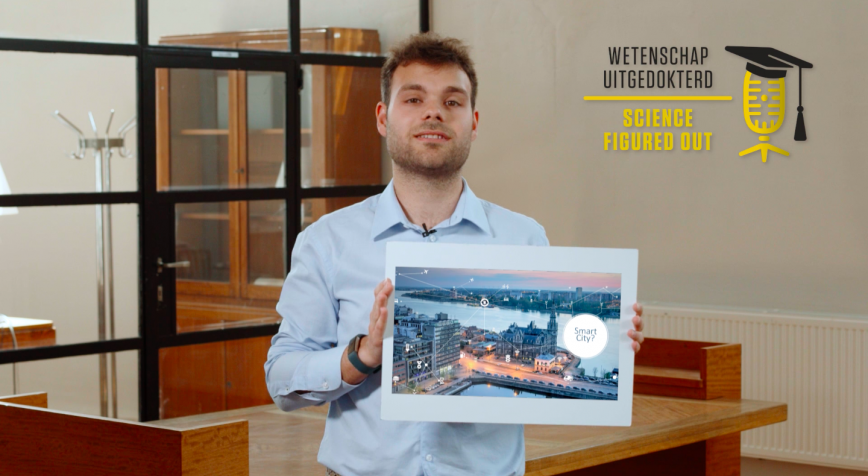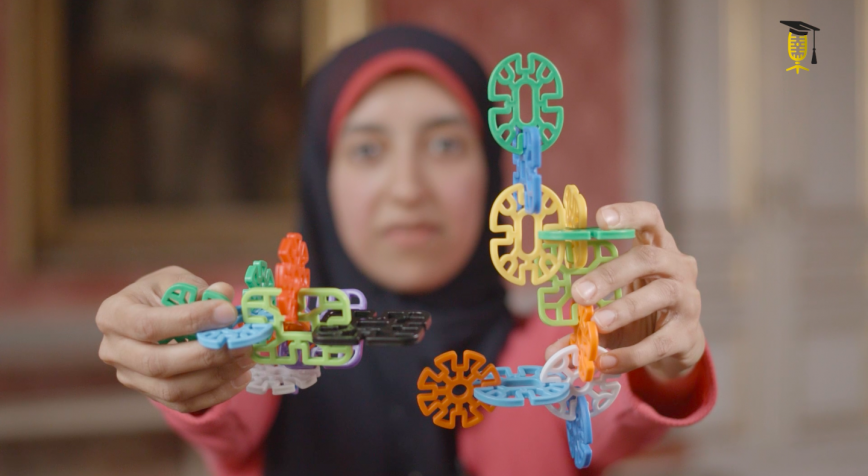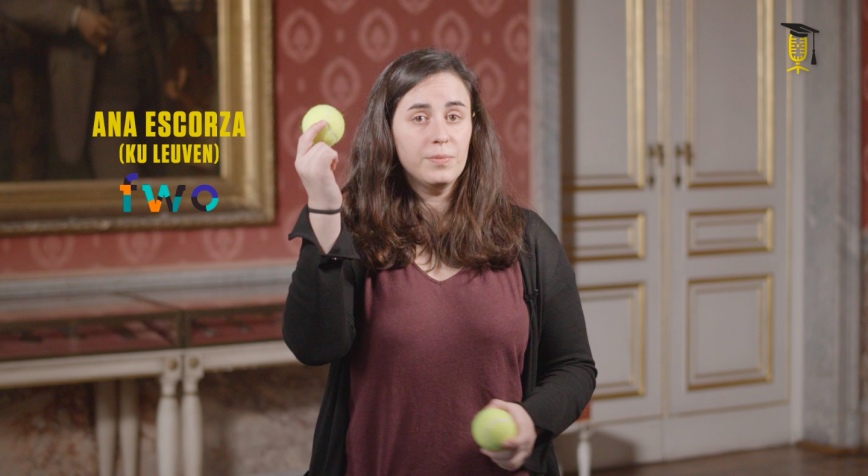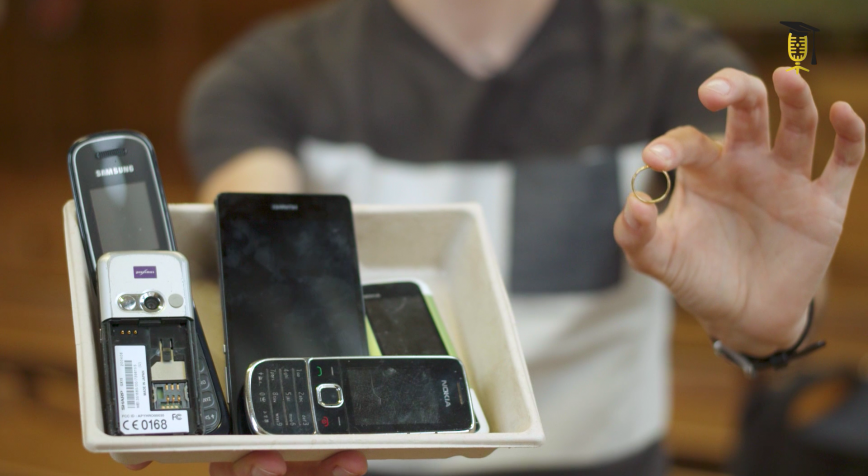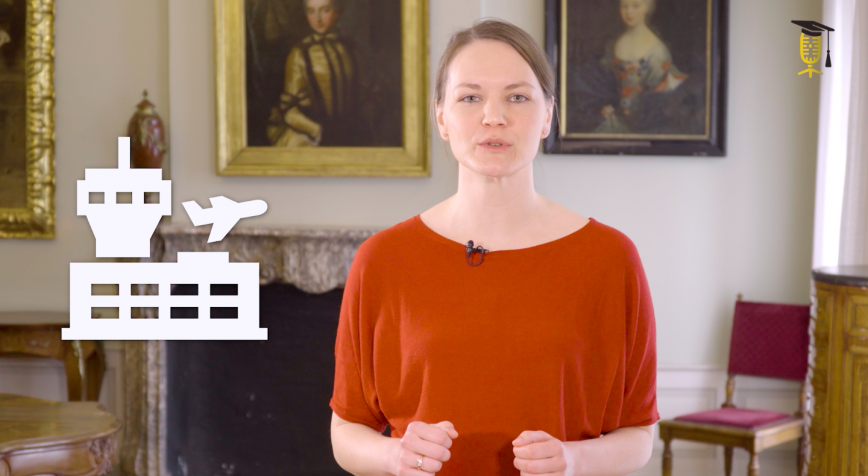
KU Leuven
How leadership in air traffic control could keep flying safe
The coronavirus pandemic has drastically reduced air traffic. But did you know that normally some 3,000 planes fly over Belgium every day? Katharina Schopf (KU Leuven) investigates the role of air traffic controllers and their leaders in ensuring that there are no airborne collisions
